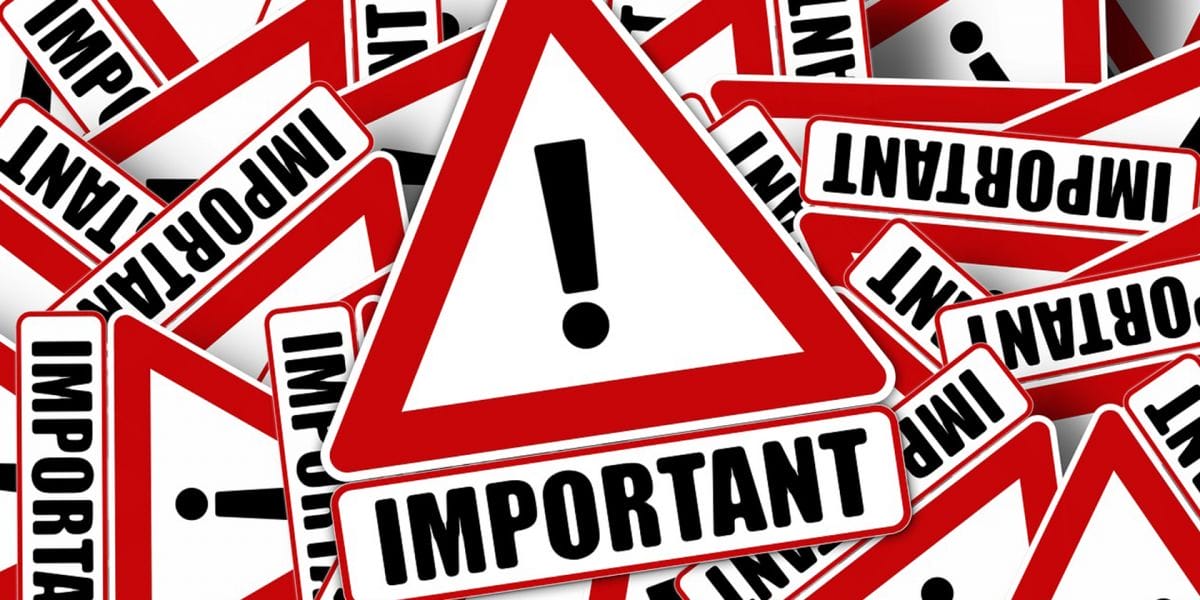Before you entered the legal industry, you may have thought that “admonitions” only referred to scolding from figures in authority. Now that you’ve learned about admonitions as a way to keep your deponent informed, you’ll have to settle on the best admonitions for your case. A well-admonished deponent is a great asset to you because they won’t be able to backtrack from a statement that damages their position in the case. Admonitions are incredibly important, even though they may seem like an inconvenience. After the court reporter has administered the oath, you’ll give your chosen admonitions. For the best results, strategically select your admonitions before the deposition begins.
According to California evidence code §1235, admonitions that are part of the record before the examination begins are admissible as a prior inconsistent statement if the deponent later contradicts statements made at the deposition. The best strategy for depositions is to establish a checklist ahead of time, so you’ll be prepared and won’t forget any steps. Some of the most common admonitions are below:
- All testimony is under oath just as if the witness were testifying in a court of law. Penalty of perjury laws apply.
- Answers need to be audible, no shakes of the head, shoulder shrugs.
- Everything that is said is being taken down by the court reporter verbatim unless everyone agrees to go off the record.
- You will have an opportunity to read/sign the deposition transcript and make corrections you believe are necessary.
- Allow questions and any objections to be stated before you speak. The court reporter cannot take down more than one person speaking at the same time. Otherwise, the record will be jumbled, and the questions and answers will be disjointed. Pause before answering so that counsel has a chance to object to a question.
- Objections are for the record. Unless your counsel instructs you not to answer, you are to answer. The judge will later decide what questions and answers will be allowed in future proceedings.
There is an additional admonition that can beneficial to your case, but which may bring objections or waive Federal Code provision: “You will have a chance later to read/sign transcript, but if changes are made, and they are substantive, that can reflect poorly at trial on your being truthful while at the deposition.”
At the time that they receive their education, court reporters are taught that if this admonition is given, the deposition then falls within the Federal Rules. At this point, Rule 30 comes into play and the witness will have the right to read/sign the resulting transcript.
Ultimately, the purpose of admonitions is to be sure that the record clearly indicates the deponent’s understanding of the deposition procedure. If you’d like expert advice and assistance in tailoring your admonitions, contact First Legal about our Deposition Services today!






